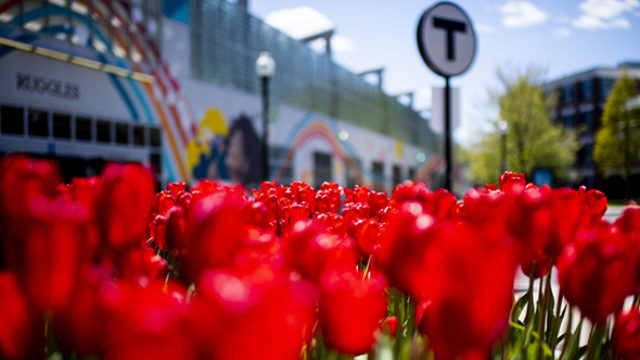Laura Green

Associate Dean of Teaching, Learning, and Experiential Education; Professor of English and Women's, Gender, and Sexuality Studies
As associate dean, Laura Green works with colleagues throughout the college and the university to advance our mission in the Experiential Liberal Arts by connecting innovative classroom teaching and experiential learning; fostering excellence and innovation in teaching; expanding undergraduate research opportunities; and supporting faculty in continuous assessment and refinement of curriculum. A scholar of Victorian literature and culture with a particular interest in women and in the realist tradition, she has published two books, on Victorian literature and women’s education and on readers’ identification with female characters in nineteenth-, twentieth-, and twenty-first-century novels. Her article “The New Experiential Learning” will appear in 2021 in an edited collection, Victorian Culture and Experiential Learning: Historical Encounters in the Classroom.
- Research Development Initiative Award, Northeastern University, 2015
- Research and Scholarship Development Fund Grant, Northeastern University, 2003-2004
- Griswold Faculty Research Grant, Yale University, Summer 1999
- “Rethinking ‘Inadequacy’: Constance Maynard, Feminist Criticism, and Victorian Autobiography.” Victorian Literature and Culture, 2019
- Special issue of Narrative on Dialogue in the Novel, Co-editor with William A. Cohen and co-author, “Introduction.” May 2019
- “George Eliot: Gender and Sexuality.” The Blackwell Companion to George Eliot. Eds. Amanda Anderson and Harry Shaw. New York: Wiley/Blackwell, 2013
- Literary Identification: From Charlotte Brontë to Tsitsi Dangarembga. Ohio State University Press, 2012
-
Education
PhD in English, 1994, University of California-Berkeley
-
Contact
617.373.4544 la.green@northeastern.edu Twitter -
Address
420 Renaissance Park
360 Huntington Avenue
Boston, MA 02115 -
Associations

Topics in Literary Study: Realism in Victorian Literature
ENGL 7351
English realist fiction rose to prominence in the Victorian period and has since become one of the most influential, and contested, types of fiction in English. In this class, we will read both canonical and lesser-known Victorian realist novels as well as twentieth and twenty-first century critical definitions and analyses of, and debates over, the term and its objects. Realism is both a genre (Middlemarch is a realist novel) and a mode or style (Great Expectations contains elements of both realism and romance). Students will have an opportunity, in a final research paper, to test their understandings of the term and its utility on one of the works that we read.














